Colonial Williamsburg, in the U.S., offers a time travel into the 18th century. Rooted in its history, it continues the cultural legacy into the 21st century, reports Dr. Roopali. An exclusive for Different Truths.

Williamsburg is a city in the U.S. state of Virginia. It is in the mid-Atlantic region of the East Coast. It was once the capital of the Virginia Colony, from 1699 to 1780, and played a significant role in the American Revolution.
Williamsburg forms a historic triangle with the former American colonies of Jamestown and Yorktown. It is also home to the College of William and Mary – a premier public research university.
The city’s heart is Colonial Williamsburg – the largest outdoor educational living museum in the United States. The Colonial Williamsburg Foundation has recreated and preserved these 173 acres of land as a premier centre for the interpretation of American colonial history.
The city’s heart is Colonial Williamsburg – the largest outdoor educational living museum in the United States.
This is a historic district and a living history museum. Here actors in 18th century period costumes depict daily colonial life in the streets, taverns, stores, and workshops. The Foundation has restored colonial structures as close as possible to their 18th century appearances and removed traces of later buildings. The 1930s saw the reconstruction of missing colonial structures on their original sites.
The Colonial Williamsburg experience offers more than 500 restored or reconstructed original buildings, renowned museums of decorative arts and folk art, and extensive educational outreach programs for students and teachers. My professor-son-in-law and I both received discounted entry tickets as teachers!
To walk through Colonial Williamsburg is to walk into the past.
To walk through Colonial Williamsburg is to walk into the past. And with every other person in period costume, my lehenga and kurti looked like I was part of the scenario. I was caught in a time warp.
The colonial town is always humming with activity, just as it did three hundred or more years ago. Long skirts, aprons, and kitchens baking fresh bread and buns. Blacksmiths hammering away, making guns and shoeing horses.
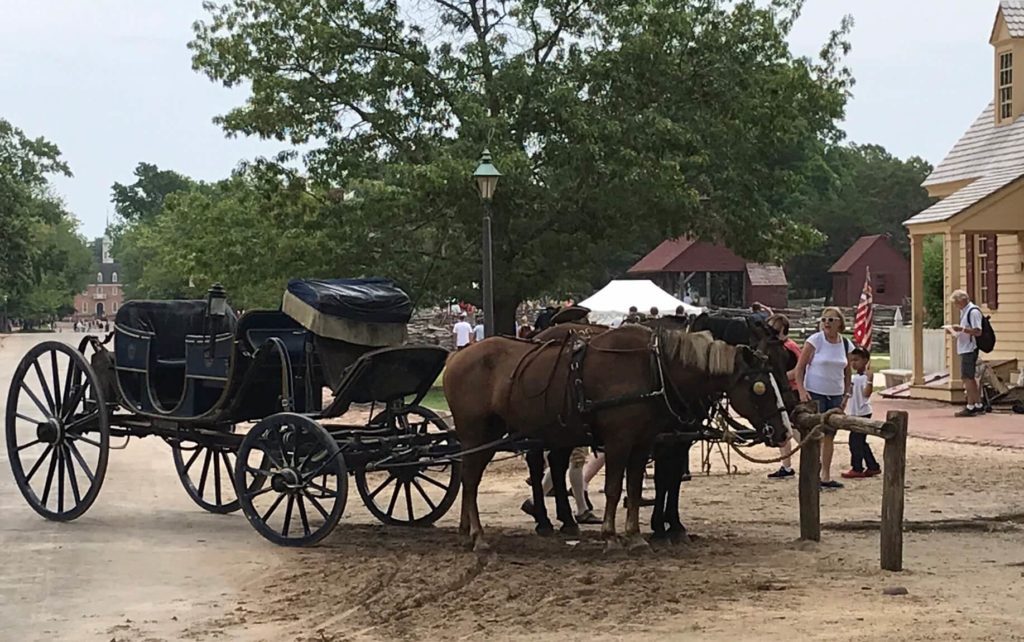
Hundreds of “interpreters” (actors) hired to play their roles day after day, bring to life the self-sustaining community as it was in the 1700s. These actor-interpreters speak about being educators and how much they love their work.
In 1775, more than half of Williamsburg’s population was enslaved.
In 1775, more than half of Williamsburg’s population was enslaved. A flourishing slave trade allowed plantation owners to buy and sell at their whim.
Revolution created new opportunities for these African Americans and in the process, divided families, and communities. The programmes we witnessed at Colonial Williamsburg highlighted the resolve of enslaved people to determine their own fates.
Jamar is an actor-interpreter, who embodies the persona of enslaved people in his re-enactments.
Walking around the vast acreage, I came across Jamar Jones. A young man in colonial attire. Jamar is an actor-interpreter, who embodies the persona of enslaved people in his re-enactments. “‘Enslaved’ is an out of character term used to provide humanity to the people who were held in bondage. The law was the determining factor that deemed them ‘slaves,’ but that is not who they were. I consider it a privilege and an honor to represent them every day. I want them to be proud,” Jamar said.
Jamar invited me to a music event. “You must come”, he said. “We must go,” I told my restless family. We found ourselves in a hall, where Jamar led a group of musicians as they sang plantation songs.
Memories of a home long lost and a life of bondage. An old plantation song that I was familiar with now played…
Plaintive and full of pathos. Memories of a home long lost and a life of bondage. An old plantation song that I was familiar with now played loud and proud. “Kumbaya my Lord, kumbaya, Kumbaya my Lord, kumbaya!” (Come by here, my Lord, Come by here).
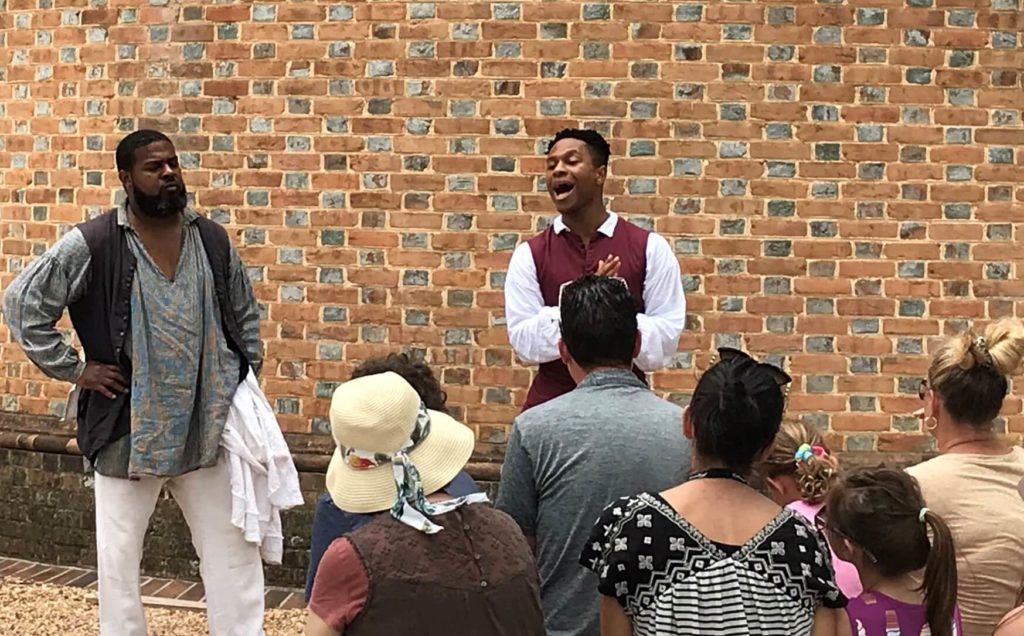
History tells us the enslaved staff would sing after serving dinner to the white master’s guests. Their music invoked the Lord, and sometimes even passed secret messages to one another.
We rode hop-on-hop-off buses, visiting museums and courthouses. We found ourselves emotional as we watched the re-enactment of the signing of America’s Declaration of Independence. The actor-interpreters invited audience members to read out certain parts. This way the action is internalised, and the courage and sacrifices of centuries ago become participatory and real.
We boarded a horse-driven carriage for a ride around town. Our sense of the past heightened by the ride.
We boarded a horse-driven carriage for a ride around town. Our sense of the past heightened by the ride. Although such rides are available in India in Mumbai, and Kolkata the atmosphere was different here. The carriage driver wore a period costume, and the carriage could accommodate four people in a closed box like structure. I found the little grandkid was totally bored with the past tense of this town.
We stopped for lunch at the re-built Raleigh Tavern. This was one of the largest taverns in colonial Virginia. It gained fame in the pre-American Revolutionary War as a gathering place for legislators. This happened after several Royal Governors officially dissolved the House of Burgesses, the elected legislative body, when their actions did not suit the British Crown.
The waiters and waitresses were from another time and spoke 18th Century English. The menu boasted colonial delights such as, “Smoked Golden Yard Bird”, “Hunter’s Game Pye” and “Mrs. Purdie’s Salat.” My grandkid threw a fit. This was absolutely not to his taste!
Williamsburg is keeping the 18th century in and keeping the 21st century mostly out.
Williamsburg is keeping the 18th century in and keeping the 21st century mostly out. Preserving history and giving voice to the voiceless. Humanising the enslaved so they are seen as people.
As we boarded the bus to return to the parking lot, I was consumed by a sense of loss. The time machine was ticking its way back to the present. The grandkid smiled with relief. I quietly ate the piece of gingerbread baked in an 18th century oven. It tasted like the past!
Photos by the author

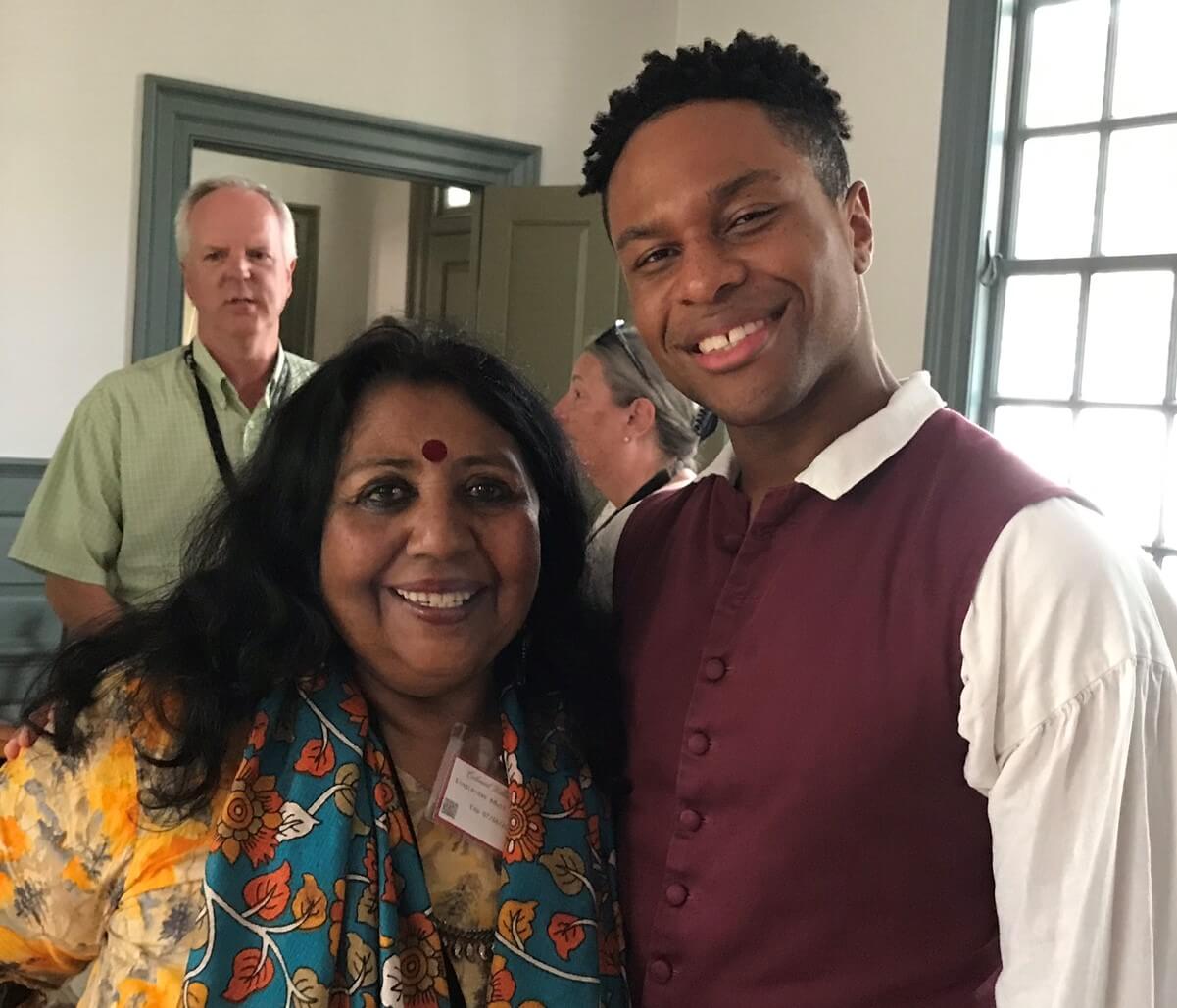
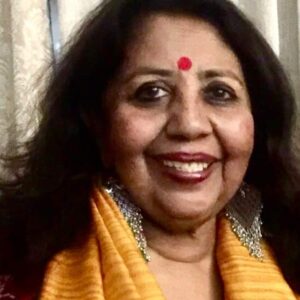


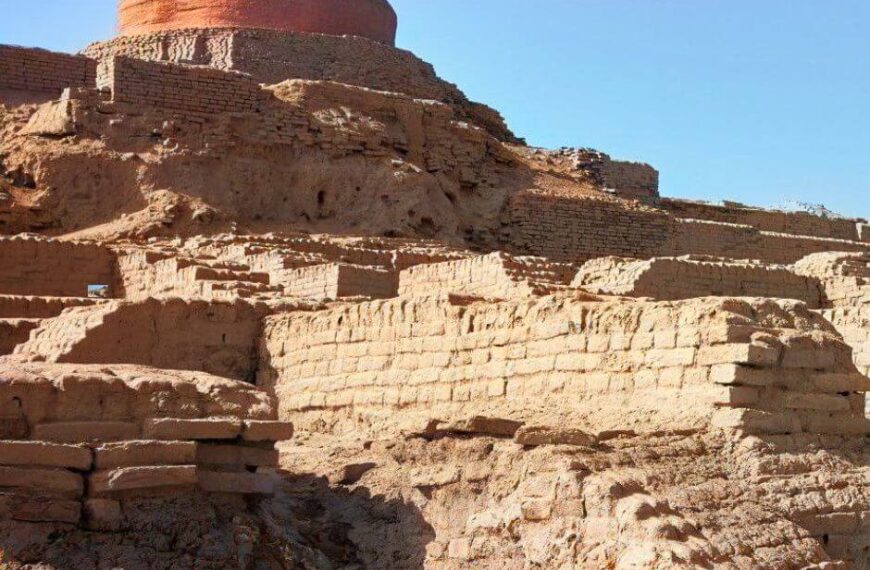
 By
By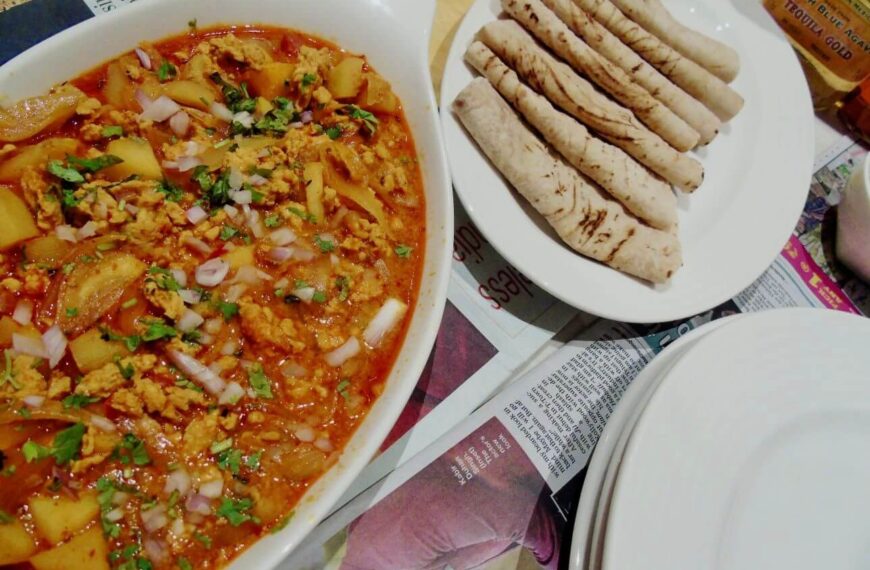
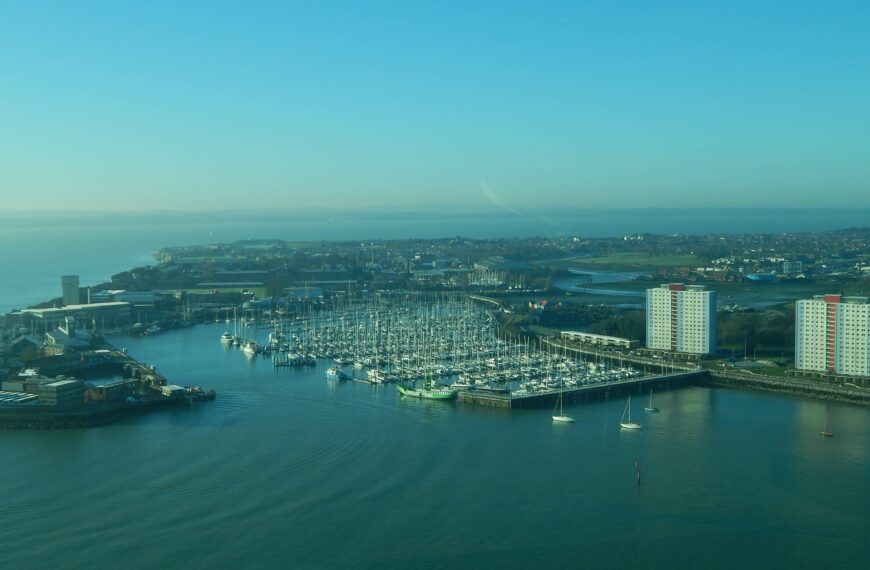
 By
By
It toasted like past a worth walking through the past that touches upon something to ponder over and move on with the ticking of time
I’ve been to Williamsburg many times recently. Your description of the town and its significance is the best I’ve read!